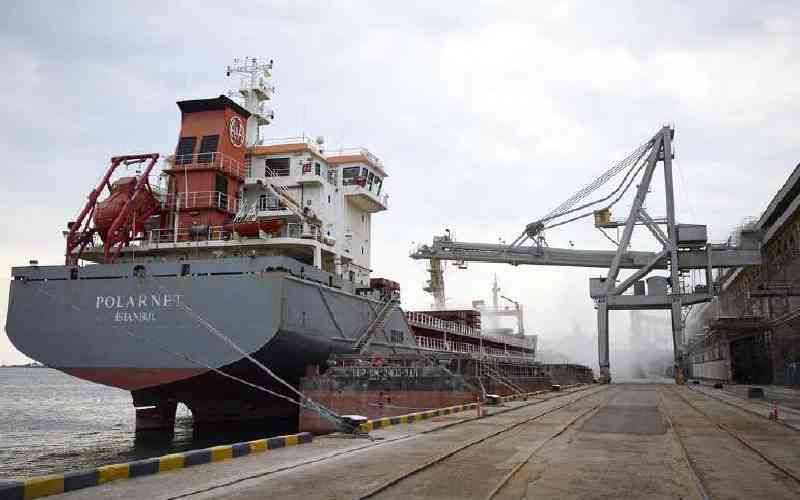
The sound in the name Odesa would easily drive one to associate one of Ukraine's famous cities with the 70s and 80s best-selling thriller, The Odessa File, by Englishman Frederick Forsyth. However, as it turns out, there is no relation between The Odessa, the novel, and the Odesa, a Ukrainian city on the shores of the world-famous Black Sea.
Frederick Forsyth's Odessa were initials in German language referring to a fictitious pressure group set up to protect former Nazi commanders that had escaped the hangman at Nuremberg and ended up living fairly comfortable lives, albeit incognito, in European cities and parts of South America.